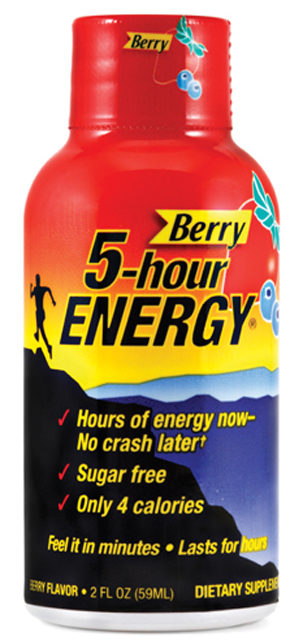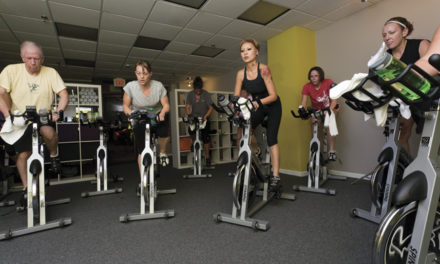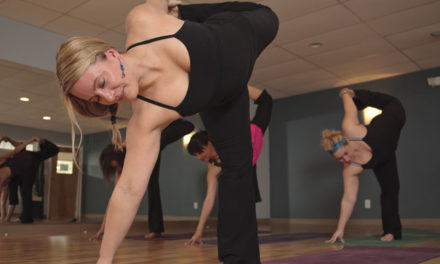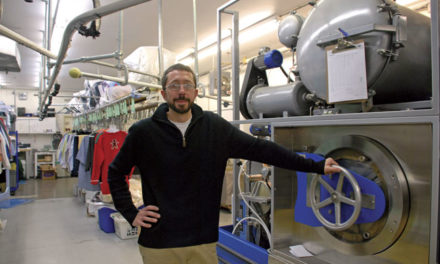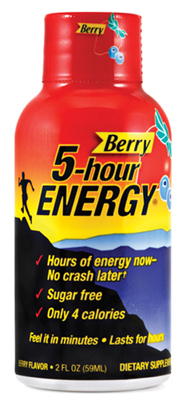
iStock / Brandon Alms
BY JULIANNE WATTERSON
One small bottle promises it all: an instant boost of energy “that will keep you sharp and alert for hours,” with no crash afterward, and few calories. The ubiquitous commercials for 5-hour Energy and other such supplements further promote the idea of using their products every single day. But should you?
Probably not, says Samantha Schaefer, a registered dietitian at IU Health Bloomington Hospital. While these types of products provide a quick-and-easy pick-me-up, relying on them long-term could be dangerous.
“Down the road, we don’t know some of the reactions to these energy blends with consistent use,” she says. “If people are on medications or have high blood pressure, caffeine is not the best thing for them, especially in large doses all at once.”
Regular 5-hour Energy contains the same amount of caffeine as a cup of coffee, but in a concentrated 2-ounce shot. The “extra strength” version contains caffeine “comparable to 12 ounces of the leading premium coffee,” according to the 5-hour Energy website. Long-term effects of daily use are not known and energy drinks are not subject to FDA approval.
Schaefer suggests a healthier option: Look to natural energy-boosting alternatives for everyday use. The key concepts to remember are “food first,” regular sleep and exercise, and, of course, everything in moderation.
Focus on getting your energy from food rather than supplements, she recommends, and eating three meals a day (each containing a protein and carbohydrate) with one or two snacks in between. Don’t go more than four hours without eating; frequency and timing of meals help keep the metabolism active and prevent you from feeling bogged down or overly hungry.
When tempted to lie down for a 30-minute “power nap,” try exercising instead. Even a quick walk around the block will get your body’s endorphins moving and provide a boost of energy that won’t interfere with sleep at night. When it is time for bed, aim for no less than eight hours of sleep.
And perhaps most important, Schaefer reminds us to proceed with caution when looking for a quick fix and to never ignore mental and emotional health, as well.
“We need to ask ourselves what really needs to change, because there’s probably a bigger issue there. People should look at their overall life and all aspects of it,” she says. “Changing your behavior isn’t the easy thing to do. That’s not packaged in a little bottle.”


